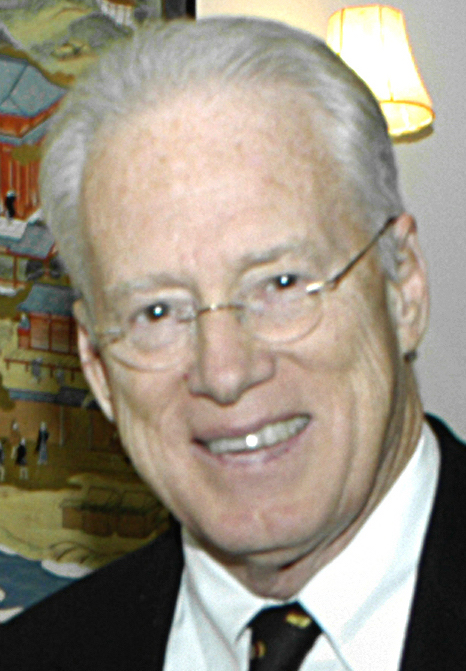 William E. Kirwan is the Chancellor Emeritus of the University System of Maryland (USM). Prior to that, he was the 26th President of the University of Maryland, College Park, and the 12th President of the Ohio State University. He was also a member of the mathematics faculty at the University of Maryland for over 30 years. More recently, in 2016, he was appointed Executive Director of Transforming Post-Secondary Education in Mathematics (TPSE Math), an organization that aims to drive constructive change in education in the mathematical sciences at two-year colleges and four-year colleges and universities across the nation. Dr. Kirwan was the co-PI and a member of the steering committee for the ALiS project.
William E. Kirwan is the Chancellor Emeritus of the University System of Maryland (USM). Prior to that, he was the 26th President of the University of Maryland, College Park, and the 12th President of the Ohio State University. He was also a member of the mathematics faculty at the University of Maryland for over 30 years. More recently, in 2016, he was appointed Executive Director of Transforming Post-Secondary Education in Mathematics (TPSE Math), an organization that aims to drive constructive change in education in the mathematical sciences at two-year colleges and four-year colleges and universities across the nation. Dr. Kirwan was the co-PI and a member of the steering committee for the ALiS project.
What was the main motivation for you and TPSE Math to participate in this project?
Entry level mathematics courses are a major obstacle to college completion for many students. I believe that adaptive learning platforms have the potential to significantly improve learning outcomes for all students and, most especially, those who struggle with math. The careful design of the project provided an effective means of testing whether adaptive learning has reached the stage where it can make a difference in student outcomes.
Looking at the project as a whole, what was the most important finding or lesson learned for you?
In order to realize its full potential, the platform used in the project requires much more attention to faculty training and preparation than the project afforded. This may be particularly true at two-year colleges where faculty are more likely to be part-time and often are not assigned to a course until right before classes begin. Such factors could potentially explain the variable learning gains observed in the study across the institutions.
What did you personally find to be the most surprising finding or conclusion?
While I continue to believe that adaptive learning platforms have enormous promise, the adaptive features need further development and sophistication. To this end, I believe it would be beneficial if an institution or coalition of institutions would develop an open source adaptive learning platform and invite interested faculty to participate in expanding and enhancing its features. I think such an approach is much more likely to accelerate the advancement of adaptive learning tools than leaving their further development entirely in the hands of the private sector.
What was the most challenging part of the project experience for you personally?
From my perspective, the biggest challenge was developing an overarching set of expectations for course content and delivery among such a diverse set of institutions, on the one hand, while respecting the different traditions, cultures, and institutional modalities of the individual institutions. Although challenging, this was an extremely important feature of the project. Since ultimately this was done successfully, I think others can learn from the processes we employed to achieve this end.
What do you think should happen next at the state or national level to build on this work?
I would like to see a repeat of the project with the latest and best version of adaptive learning platforms coupled with a significantly expanded training program for faculty in advance of the start of the course so that they are able to use the full power of the platform. I have confidence that this would produce even stronger positive results.